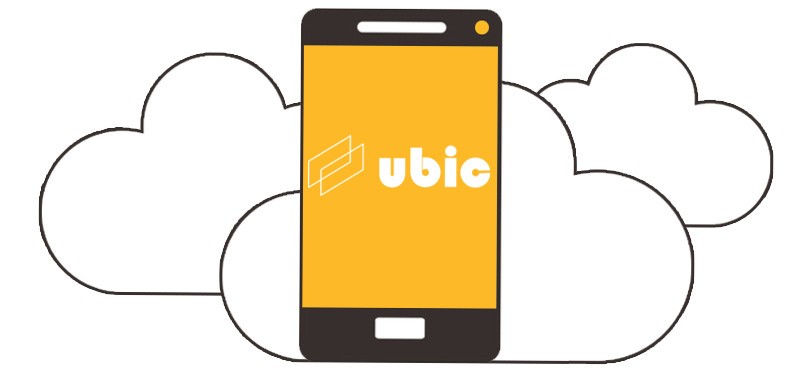GMV develops ubic, cloud smartphone technology

In the buildup to the Mobile World Congress, the Spanish multinational GMV unveils ubic, an inhouse development that enables a virtual Android to be fitted in any smartphone, with all the consequent advantages such as security management and versatility. ubic is the result of an R&D project carried out with the collaboration of the Andalusian Technology Corporation (Corporación Tecnológica de Andalucía CTA) and Seville University (Universidad de Sevilla).
As for security, ubic provides a cell-phone information-protection system (no data remains stored in the smartphone), also guarding against data breaches and phishing. From the management point of view, ubic allows mass management of virtual smartphones, since it is deployed in a hardware- and software-optimizing cloud architecture using and allowing diverse smartphone configurations in terms of memory, performance and functions. As regards versatility, ubic makes it possible to develop and test apps, install and uninstall as many times as we wish, run different versions of Android, etc. All these performance features make ubic the ideal ally for developers.
The technology as developed means no data is kept in the user’s smartphone, while all the phone’s sensors (gyroscope, GPS, Bluetooth camera, etc.) work normally and the smartphone’s storage capacity and power are as large as might be desired.
In the words of CTA’s technical ICT head, Isabel Hormigo, “one of the biggest IT-architecture advances in recent years is virtualization, which has by now built up a significant level of maturity in terms of servers, networks and even storage virtualization (software-defined storage)”. In her opinion GMV’s project “represents clear progress in terms of virtualization, in this case of the cell phone, thus bringing its advantages to mobile operating systems.”
The technology developed by GMV comes in especially handy for the management of company smartphones, improving security and privacy. Likewise, it cuts down consumption of physical mobile resources and allows application-management and –installation to be administered. All this without the need for any physical contact with the users’ handhelds, which might even be of their own property rather than provided by the firm, as with Bring Your Own Device (BYOD) schemes.
The “virtual cell phone”, fruit of GMV’s innovation work, boosts company and employee security. This is so because the applications installed in the virtual interface have no access to local data of the user’s physical phones, nor vice versa. This modus operandi protects company information from threats such as theft of employees’ cell phones, cell-phone data breaches or phishing. The system also cuts down phone resource consumption (memory, CPU and secondary storage) since the applications are run in servers rather than the physical handheld.